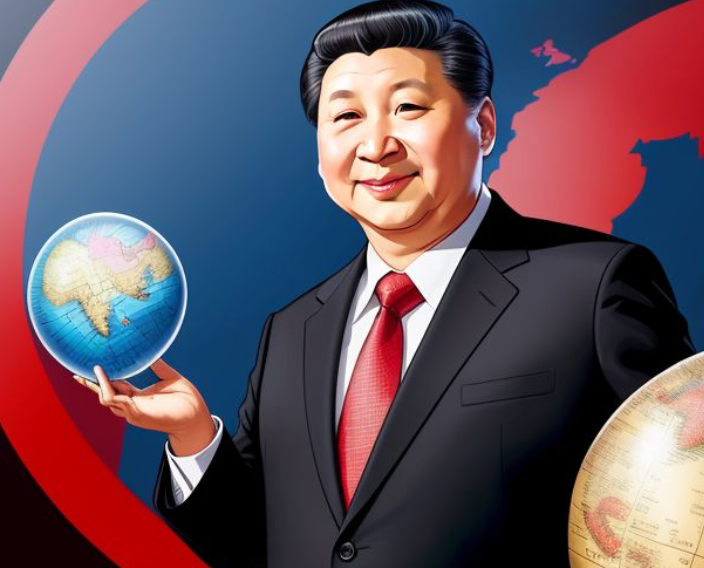Last updated on October 3, 2024
#China #CalvinKlein #Blacklist #XinjiangCotton #CorporateEthics #GeopoliticalTensions #SupplyChain #HumanRights
In an unprecedented move that could signal a dramatic shift in global trade dynamics, China has threatened PVH Corp, the owner of the renowned fashion brand Calvin Klein, with blacklisting due to its stance on Xinjiang cotton. This escalation follows growing international concerns over human rights abuses in the Xinjiang Uyghur Autonomous Region, where allegations of forced labor in the cotton industry have prompted several multinational companies to reevaluate their supply chains. The Chinese government’s potential use of this security measure against a foreign corporation with substantial investments in China marks a critical juncture in the interplay between corporate ethics and geopolitical complexities.
The investigation into PVH Corp centers on its public disengagement from sourcing cotton from Xinjiang, reflecting a broader trend among Western companies aiming to align their operations with human rights standards. This stance, while lauded by international advocacy groups, places firms in direct opposition to Beijing’s aggressive defense of its policies in Xinjiang. The Chinese government denies any wrongdoing in the region, attributing claims to fabricated allegations aimed at destabilizing the country. The threat of blacklisting entails significant repercussions for PVH Corp, potentially barring it from one of the world’s largest markets and disrupting its global supply chain.
This development underscores a growing challenge facing international businesses: navigating the fraught terrain between profit, ethics, and geopolitics. Companies like PVH Corp are increasingly caught between adhering to international human rights protocols and appeasing the Chinese market, which represents a substantial portion of their consumer base and production capabilities. The potential blacklisting of PVH Corp could serve as a cautionary tale for other multinational entities, prompting a reassessment of their policies toward sourcing and corporate responsibility. The situation also reflects a broader geopolitical contest over the norms governing global trade and human rights.
The implications of this standoff extend beyond the fashion industry, hinting at potential shifts in global supply chains and the strategic recalibrations companies may undertake in response to escalating geopolitical tensions. Businesses may need to conduct more vigorous due diligence on their supply chains, seeking to balance ethical commitments with the reality of economic dependencies. Furthermore, this incident amplifies the dialogue surrounding the use of economic measures in international politics, especially as countries seek to balance trade and human rights considerations. In the coming months, the response from the international community and other multinational corporations to China’s threat against PVH Corp will likely shape the evolving landscape of corporate ethics and geopolitics, setting precedents for how global businesses navigate these challenging waters.






Comments are closed.